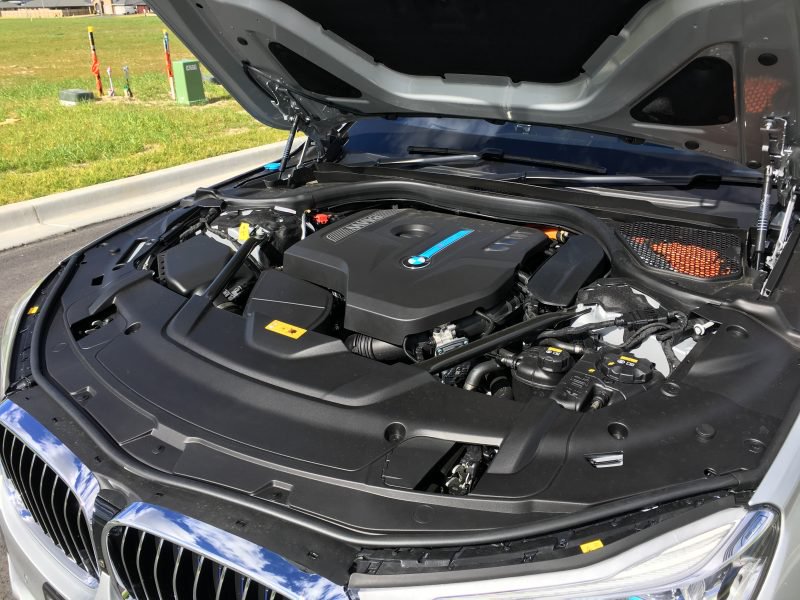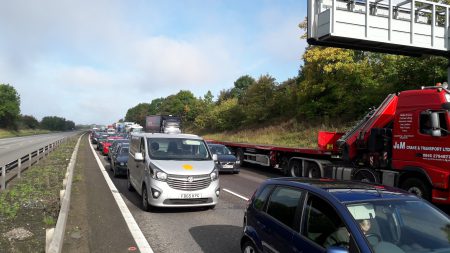The UK has delayed its ban on the sale of new cars which burn petrol or diesel in internal combustion engines (ICE) from 2030 to 2035.
In some ways, this is no surprise: the original plan was to ban them from 2040, a deadline brought forward by the previous prime minister, Boris Johnson, in 2020. The new delay, confirmed this week by Rishi Sunak, had been rumoured in August.
But the decision still sends a confusing message from Sunak’s government, particularly for carmakers who on average take six-to-seven years to develop new vehicles, and need time to invest in new factories and train workers, as well as make the cars themselves.
For these manufacturers, certainty is key to their business. If they gear up to produce an all-electric fleet and suddenly buyers still want ICE vehicles and they haven’t produced enough, they will have stockpiles of unwanted cars which may have to be sold at a loss.
However, the good news is the switch to electric vehicles (EVs) is already well under way in the UK. Research suggests it may now be unstoppable – regardless of what the government does.
How new technologies replace old ones
Any new technology follows a cycle of adoption that is difficult for government intervention to interrupt. The exception is for fast-acting bans, which attempt to immediately remove products deemed dangerous or harmful from a market.
Read more: TheConversation
It’s Time to Go Green!
If you would like to know more about Solar Panels and the PowerBanx range of home battery systems, and get a free instant quote, please complete our online form:


